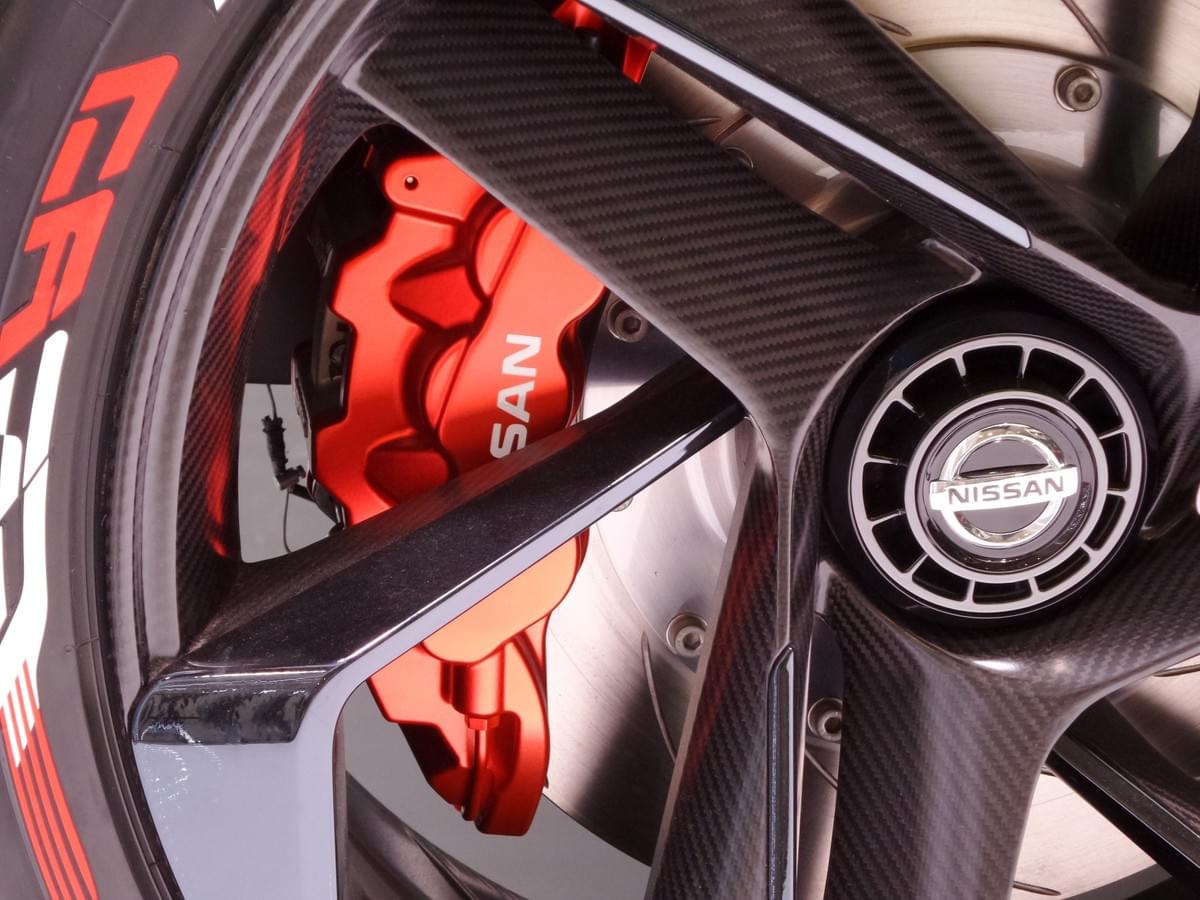
A car dealership, also referred to as car local sales, is a privately owned business which sells used or new cars in the retail sector, depending on an agreement with an auto manufacturer or its distributor. It may also carry a selection of Certified Pre-owned vehicles as well. It employs car salespeople to promote their car dealership business. They offer services such as, providing a car dealer service and providing a car wash for an additional fee. A car dealership may also rent or lease location space.
Car dealers are an important source for purchasing new and used cars. For example, if a local auto dealer lacks the know-how to sell a certain make of vehicle quickly, they could refer the customer to New Bern car dealers because they have the knowledge needed to make the sale quickly. A car dealership should have the ability to provide quality service and should maintain a strong marketing program to sell new cars and trucks. In addition, a car dealership should provide its customers a wide selection of high quality vehicles at competitive prices.
Most car dealership contracts state the dealership must carry appropriate amounts of liability insurance and/or professional indemnity insurance. Both types of insurance protect the business and its customers against lawsuits related to property damage, personal injury or property damage resulting from a car dealership's negligence or improper performance of mechanical services. Liability insurance typically requires the vehicle owner to purchase this insurance before buying a used Nissan Greenville NC from a car dealership.
Some car dealerships offer financing programs to new and used vehicles. In order to qualify for financing, a vehicle must meet the dealer's financial requirements. These requirements usually include a minimum amount of capital used to buy the vehicle, a down payment made by the buyer or a down payment made by the bank. Most dealers require the borrower to have a decent credit score and an excellent income. In addition, many dealers require vehicle owners to have at least three years of steady employment history. In addition, most dealers require vehicle owners to obtain a state-approved certificate of title, as well as a registration card with a picture of the vehicle on it.
There are several types of car dealership financing programs. The most popular type is referred to as "pass-through" financing. This type of financing involves the use of a broker to handle the financing for the vehicles directly to the customer, eliminating the need for a middleman such as a bank. Another common form of car dealership financing is "builders-only" financing. Builders-only dealerships often provide vehicles at wholesale prices, allowing customers to pay very low prices for new vehicles when purchasing them directly from the manufacturer.
Car dealerships in the united states have an added advantage over traditional auto lenders and finance companies in the form of the "car dealership exception" act. The act states that car dealership dealers must be licensed by the United States Department of Motor Vehicles. As a result, any car dealership operating in the United States is required to obtain a federal license in order to process transactions with customers. Cars are not purchased solely for the purpose of being sold, and in fact car dealership loans are quite profitable to the manufacturers. However, they must conform to federal and state laws in order to remain within the framework of the law. Check out this post for more content related to this topic: https://en.wikipedia.org/wiki/Automobile_salesperson.